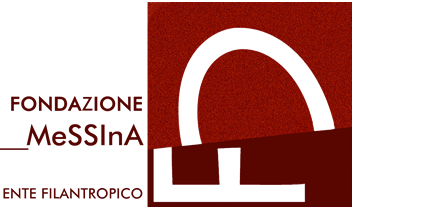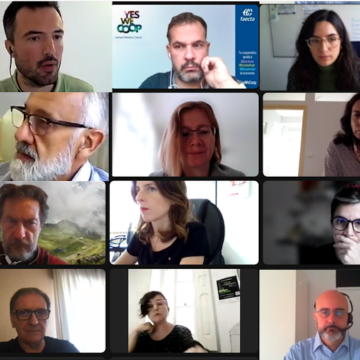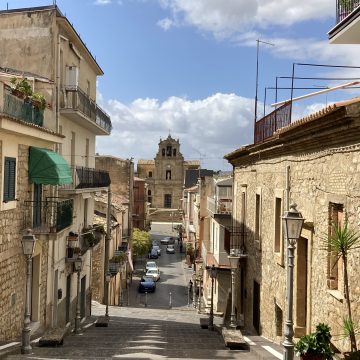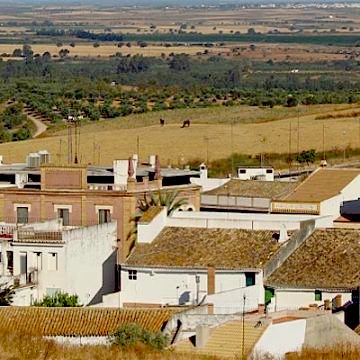GRAPE, in the Final Conference the results and perspectives
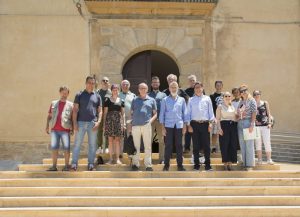 The Final Conference of the GRAPE project – Local Social Green Resilience Action Plans for small and peripheral territories, co-funded by the European Commission under the COSME Program, was held on October 16 via streaming.
The Final Conference of the GRAPE project – Local Social Green Resilience Action Plans for small and peripheral territories, co-funded by the European Commission under the COSME Program, was held on October 16 via streaming.
The focus of the well-attended event was the sharing of knowledge and experiences learned during the 18-month project, during which four small and marginal territories located in three different European countries experienced the participatory construction of Action Plans for environmental, social and digital transition. The occasion remarked the key role that social economy actors can play to support this process.
 The first session of the conference featured the presentation of each territory’s Local Action Plan: Bonares, Malegno, Sifnos and Mirabella Imbaccari. A community representative described the local context and then moved on to present an example of its initiative. Ismael Medina Claros (FAECTA), Giò Lodovico Baglioni (Sol.Co. Camunia), Nykos Chrysogelos (Wind of Renewal) and Giulia Miotti (MeSSInA Foundation) represented the communities of Bonares (Spain), Malegno (Italy), Sifnos (Greece) and Mirabella Imbaccari (Italy), respectively, highlighting the main features of each Action Plan. The development of Energy Communities (Bonares and Mirabella Imbaccari); the recovery of abandoned land and preservation of agro-biodiversity (Malegno) and the promotion of slow, sustainable and responsible tourism (Sifnos and Mirabella Imbaccari) are some examples. A transversal element was the importance of collaboration and sharing of local best practices that characterized GRAPE. Another strength highlighted was social missions, an effective way to share experiences and know-how.
The first session of the conference featured the presentation of each territory’s Local Action Plan: Bonares, Malegno, Sifnos and Mirabella Imbaccari. A community representative described the local context and then moved on to present an example of its initiative. Ismael Medina Claros (FAECTA), Giò Lodovico Baglioni (Sol.Co. Camunia), Nykos Chrysogelos (Wind of Renewal) and Giulia Miotti (MeSSInA Foundation) represented the communities of Bonares (Spain), Malegno (Italy), Sifnos (Greece) and Mirabella Imbaccari (Italy), respectively, highlighting the main features of each Action Plan. The development of Energy Communities (Bonares and Mirabella Imbaccari); the recovery of abandoned land and preservation of agro-biodiversity (Malegno) and the promotion of slow, sustainable and responsible tourism (Sifnos and Mirabella Imbaccari) are some examples. A transversal element was the importance of collaboration and sharing of local best practices that characterized GRAPE. Another strength highlighted was social missions, an effective way to share experiences and know-how.
Toward a European toolkit for mapping funding opportunities
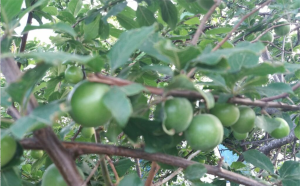 In the following panel, Erdmuthe Klaer, Deputy Secretary General of partner REVES (European Network Of Cities And Regions For The Social Economy), presented the Policy Paper Recommendations. It’s a policy document drafted by the European network that collects all the GRAPE partners’ suggestions to national and European policy makers. One of its specific issue, the difficulty for smaller and isolated communities to access funding, was one of the topics covered in the next panel (“Public policies for the social green and digital transition in remote and rural communities”), which involved external actors directly engaged in activities and issues that also characterized GRAPE.
In the following panel, Erdmuthe Klaer, Deputy Secretary General of partner REVES (European Network Of Cities And Regions For The Social Economy), presented the Policy Paper Recommendations. It’s a policy document drafted by the European network that collects all the GRAPE partners’ suggestions to national and European policy makers. One of its specific issue, the difficulty for smaller and isolated communities to access funding, was one of the topics covered in the next panel (“Public policies for the social green and digital transition in remote and rural communities”), which involved external actors directly engaged in activities and issues that also characterized GRAPE.
In particular, Marina Royo De Blas of DG – AGRI (Commission’s Directorate-General for Agriculture and Rural Development), who is in charge of implementing long-term strategies for the growth of these territories, pointed out that at the European level something is moving to correct the reported critical issues. «Together with the Commission’s Joint Research Center, we are working on a toolkit – she pointed out – not yet available but in developing, that will be able to map all EU funding opportunities. It will be an online dashboard on which, through a filter research, all the funding opportunities matching the criteria can be displayed. In this way it will be easier knowing them. We know it’s a very complex issue because the European funding landscape is very wide so, from this point of view, it’s extremely important working on capacity building».
The importance of digitization
 Next, Alberto Cottica (UNDP – Accelerator Labs) reported the views of the United Nations Development Program also committed to the growth of local communities. The Accelerator Labs work together with national authorities to achieve the goals of the 2030 Agenda. Cottica talked about the importance of digitalization, by explaining the experience of two UNDP projects in Guatemala (Citizen Science for precision agriculture) and Sudan (digitalization of communities financial force). «The main value of digitalization is connecting people – he said – and when we refer to remote and isolated territories it becomes a way to overcome, in part, their isolation».
Next, Alberto Cottica (UNDP – Accelerator Labs) reported the views of the United Nations Development Program also committed to the growth of local communities. The Accelerator Labs work together with national authorities to achieve the goals of the 2030 Agenda. Cottica talked about the importance of digitalization, by explaining the experience of two UNDP projects in Guatemala (Citizen Science for precision agriculture) and Sudan (digitalization of communities financial force). «The main value of digitalization is connecting people – he said – and when we refer to remote and isolated territories it becomes a way to overcome, in part, their isolation».
Then, Mariacristina Morsellino (Agrigento and Trapani Community Foundation) presented the EU BREED PROJECT – Building communities REsiliencE and sustainable development through social economy, a project referring to the same cluster as GRAPE and co-funded under the same program. Next, Chris Gordon (CEO of Irish Social Enterprise Network) shifted on what social economy actors are doing in Ireland to support the development of rural and inland areas.
The last panelist was Luigi Martignetti, Secretary General of REVES, that described the digital toolkit developed by the European network to support all those small communities that want to field the same process developed by GRAPE. By this way, even the project ended, its results and effects still remain and project forward.
This document reflects the views only of the Author and the GRAPE Consortium. The Commission cannot be held responsible for any use wich may be made of the information contained therein.



